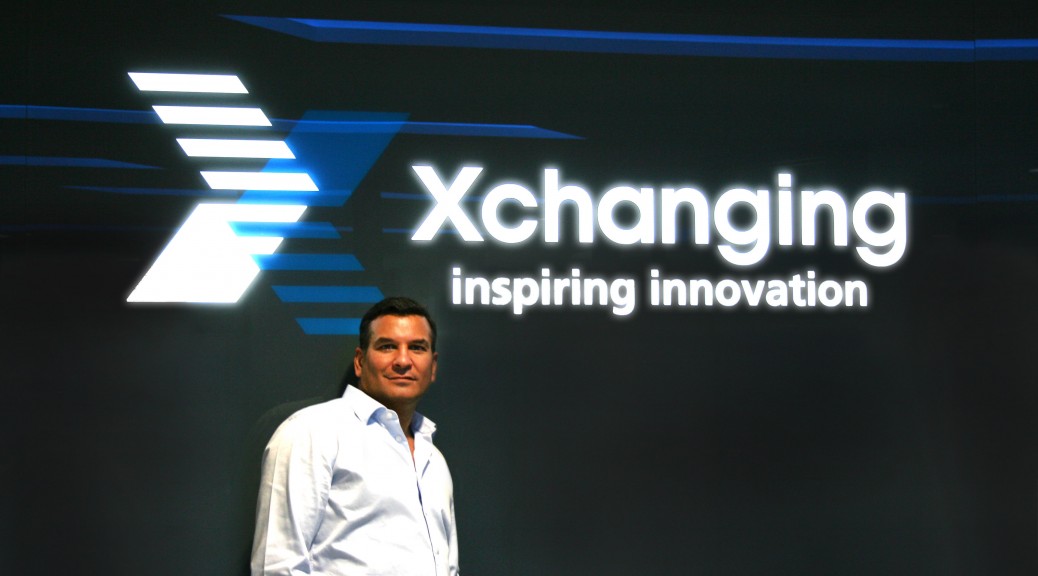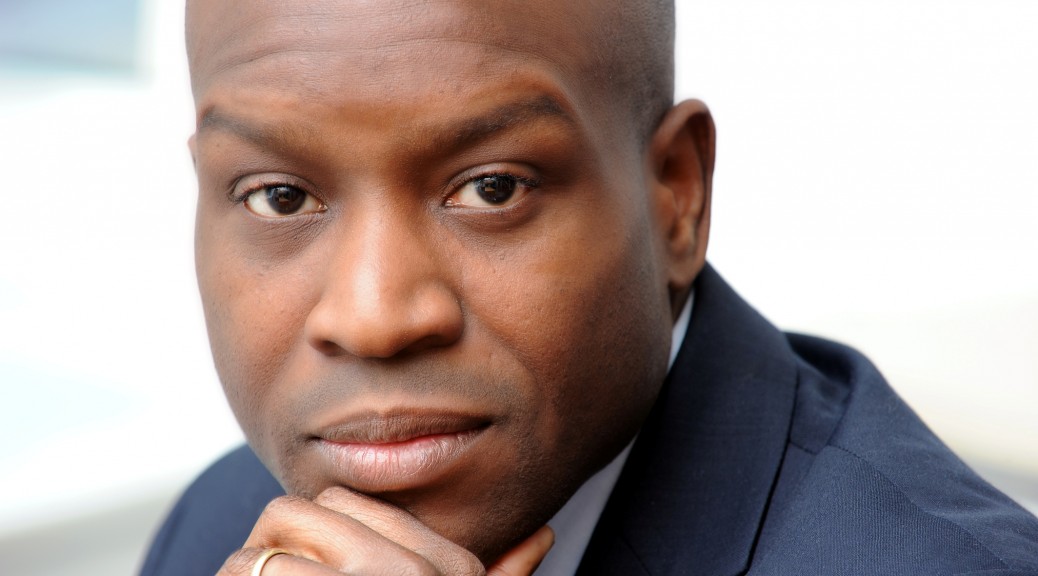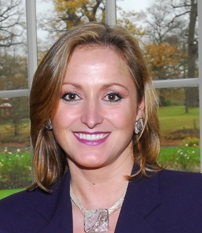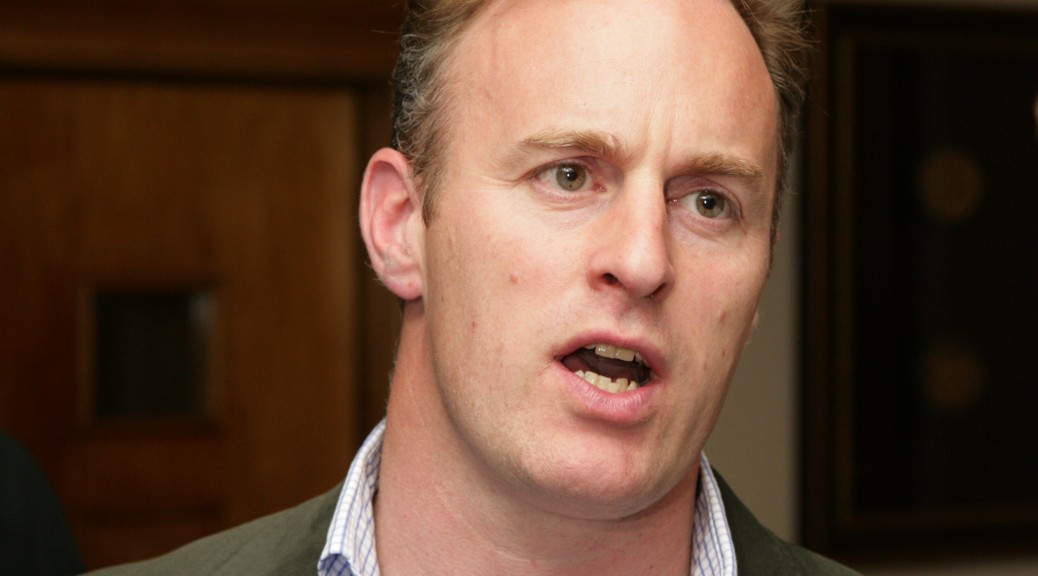
SMF Richard Kluth, Managing Director Pulse Structural Monitoring
Richard Kluth’s journey to becoming managing director of Pulse Structural Monitoring, a fast growing structural monitoring company for the offshore industry, took some interesting turns, including a job in offshore drilling, an MBA programme at Spain’s IESE Business School and a stint in asset management at Morgan Stanley. Richard shares his experience and his views on the need to promote engineering as an exciting career choice.
Like many young lads, I had an idealistic notion of becoming a musician, but as our band members drifted off in different directions, reality hit I started thinking about a proper job! My maths was strong, so I studied physics and after graduating travelled throughout Asia and Australia and caught the travel bug. This motivated me to find a job that would allow me to travel the world. I joined my father’s pioneering fibre optic business, Sensor Dynamics, the first to install fibre optics in the oil industry.
It was a very exciting time, as I went from developing demonstration products for clients to creating prototypes and then travelled to California to oversee production and implementation of the products. I received great development and mentoring at Sensor Dynamics and it gave me a passion for working in the oil industry. I particularly enjoyed the service side and being out on the rigs.
After a fantastic grounding at Sensor Dynamics it was time to spread my wings. I landed a job as a field engineer on a fast-track management programme at Schlumberger, a leading oilfield services provider. Schlumberger satisfied my thirst for getting in the thick of a job and travelling. As a field engineer, I moved to a new country every 12 to 18 months, working as the second or third hand in a 2-3 man crew. Drilling is a very complicated and complex function which requires absolute precision. Initially I was responsible for providing the technical information that enabled the crew to drill safely, but by the end of my training I was also drilling wells. I worked in Germany, Canada, America and the Middle East and at the end of that three year period I was head of the team, leading on the rigs.
By then the wing-fluttering had started again, and I realised that I didn’t want to pursue a structured career path that would lead me into managing logistical projects; I was after more intellectual rigor and wanted to join one of the big operators. So I left Schlumberger. This was back in the 1980s when oil prices were at rock bottom and hiring in that sector was not high on the agenda. Rather than see it as a set-back, I decided it was the ideal time to do an MBA to develop my management skills.
Funding an MBA can be a challenge, so I was very fortunate to learn about the Sainsbury Management Fellows scholarship through a university brochure and even luckier to get through the stiff assessment panel and be awarded the £30,000 bursary.
Learning a new language was a big factor in where I did my MBA. In all the years I had worked abroad I still hadn’t learned a second language, a source of great embarrassment, so I decided to learn either Italian or Spanish. I fell in love with Barcelona when doing my recce, so chose IESE Business School in Navarra to do my MBA and learned to speak Spanish into the bargain.
The MBA rounded-off my commercial knowledge and improved my confidence in conducting commercial discussions. It also enabled me to see that it was possible to make the leap from a technical function to a management/commercial role at a plc.
The MBA work placement was another big experience and confidence boost – I joined a global growth equity team at Morgan Stanley. They needed someone with an engineering background who understood fibre optic technology to help with the stocks they were managing in this field. This was intellectually challenging and I learned more about the economy. I must have done something right as they offered me a full-time position which I took after I graduated from IESE. I received great training and worked with very bright people in a less structured career model than Schlumberger. For example, if we wanted to create new products around what was happening in the industry, we could.
After working in asset management, I plunged straight back into the oil industry, taking up the role of business development manager at the VC-backed start-up, Sensornet, which specialises in fibre optic sensors and monitoring systems. Its growth was rapid and I progressed quickly into a sales and marketing role, and then became sales & marketing director. When the original investors decided to sell Sensornet, I was elevated to chief operating officer and ran the company freeing the CEO to focus on the sale. Tendeka acquired Sensornet and I made a bid for COO but they needed someone with both oil and gas experience, plus mergers and acquisitions expertise.
After seven years with Sensornet, I was at another career crossroads, and the SMF network – you become a Fellow when you graduate – was incredibly helpful at this point. I put out feelers to Fellows who were very willing to talk and share ideas and contacts. I even started discussing an entrepreneurial venture with another Fellow. The SMF network will always be there to support the Fellows and it certainly inspires you to take the next step in your career.
While thinking about my next move, I did what I love most – I went travelling with my wife and young child assuming that we would have a six months’ adventure. But no sooner hand we landed in Australia, a head-hunter called with the exciting prospect of joining Pulse Structural Monitoring, a dynamic young company with a lot of promise. The long distance interviews were followed by a personal one when I returned to the UK. I was drawn to the role because Pulse is a strong company, with highly skilled engineers with a fantastic work ethic. They needed a senior manager with both commercial and technical skills to consolidate and help grow the business.
Managing growth is our biggest challenge. When I joined we were 17 staff and we’ve tripled in size in three years, with 60 people working in Aberdeen, Woking, Rio, Houston and soon Singapore. We have had to adapt quickly to manage the growth. Previously, we operated more like a project management company, where all the expertise was concentrated within project groups. We have now developed new production and procurement departments so that key knowledge and expertise is centralised. Likewise, we have introduced new systems in areas like quality and training to ensure that we capture the expertise of existing professionals to train the next generation of young engineers joining Pulse straight from university.
Engineers are critical to Pulse and wider industry and I don’t think the UK takes engineering as seriously as countries such as Germany. When companies are growing as fast as Pulse, it’s frustrating to be faced with the struggle of finding engineers at the entry level. The UK needs to produce engineers to tackle the big problems in society now and in the future. More needs to be done to highlight the diversity and excitement of careers in engineering.
People tend to think of engineers as a bit nerdy, but engineers change the world – take energy – without it the world cannot grow and prosper. Today, we all have to think about renewable energy and who will deliver the technology to make that a reality? It is engineers who will provide the solution to cleaner energy. We need to change the perception that engineering does not offer an attractive career path. We need to communicate that engineering skills and experience can catapult you into different careers, especially when complemented with commercial and people management training.
Sainsbury Management Fellows helps to equip engineers with the business skills and experience needed to broaden their career opportunities and move into senior management positions, as in my case. Engineers have a diversity of skills that are valuable at board level, a key one being logical, analytical thinking. We bring a good structured analysis and approach to key issues in a business, which helps companies to grow and prosper.






















